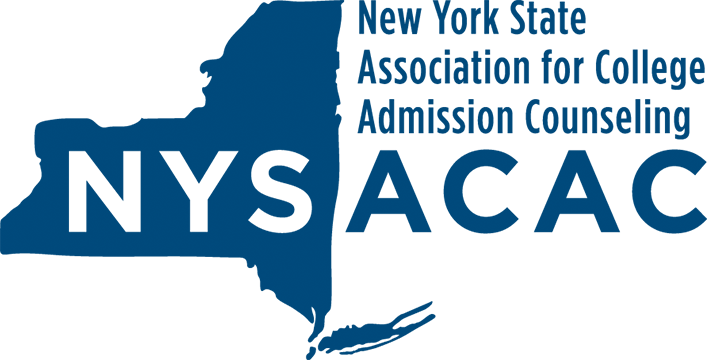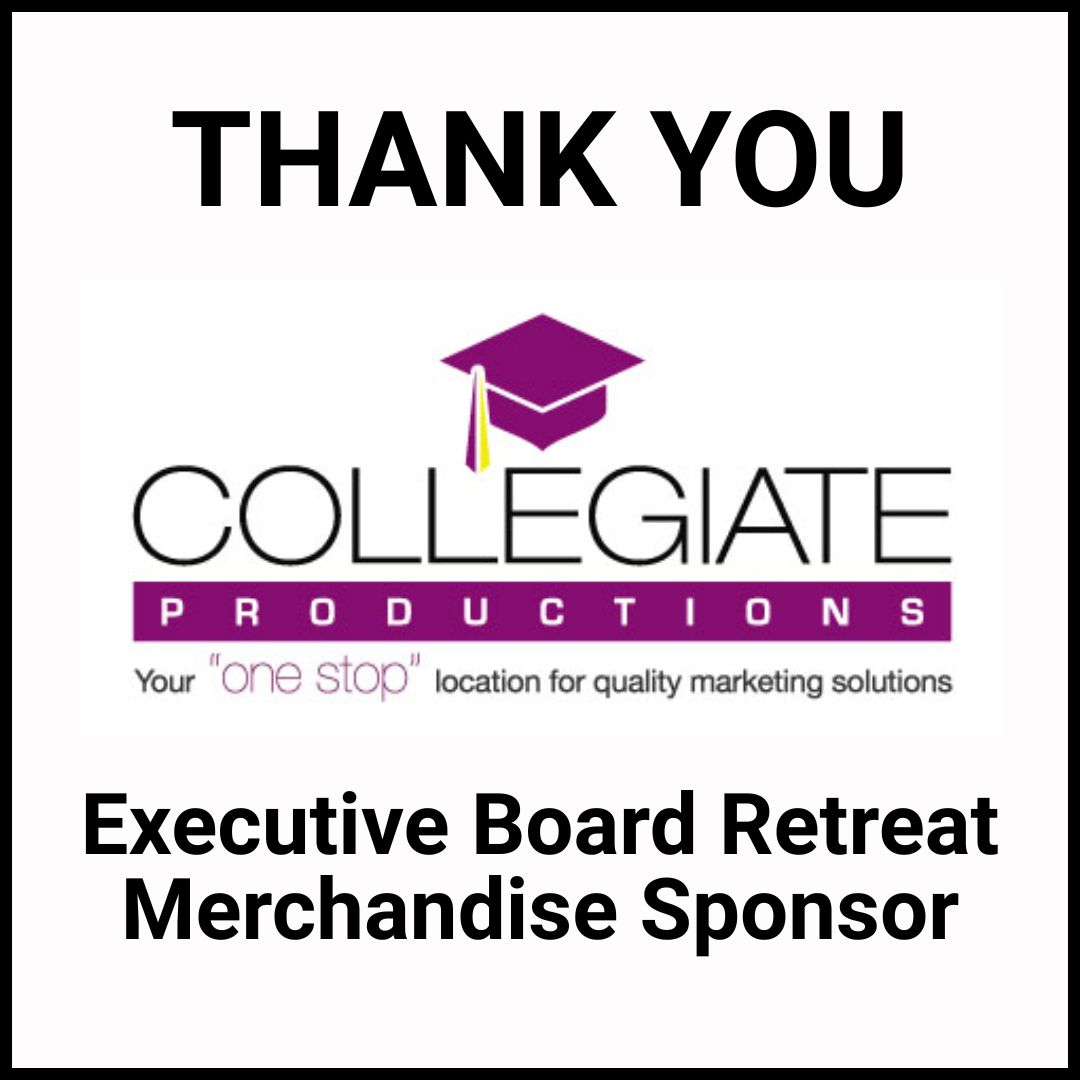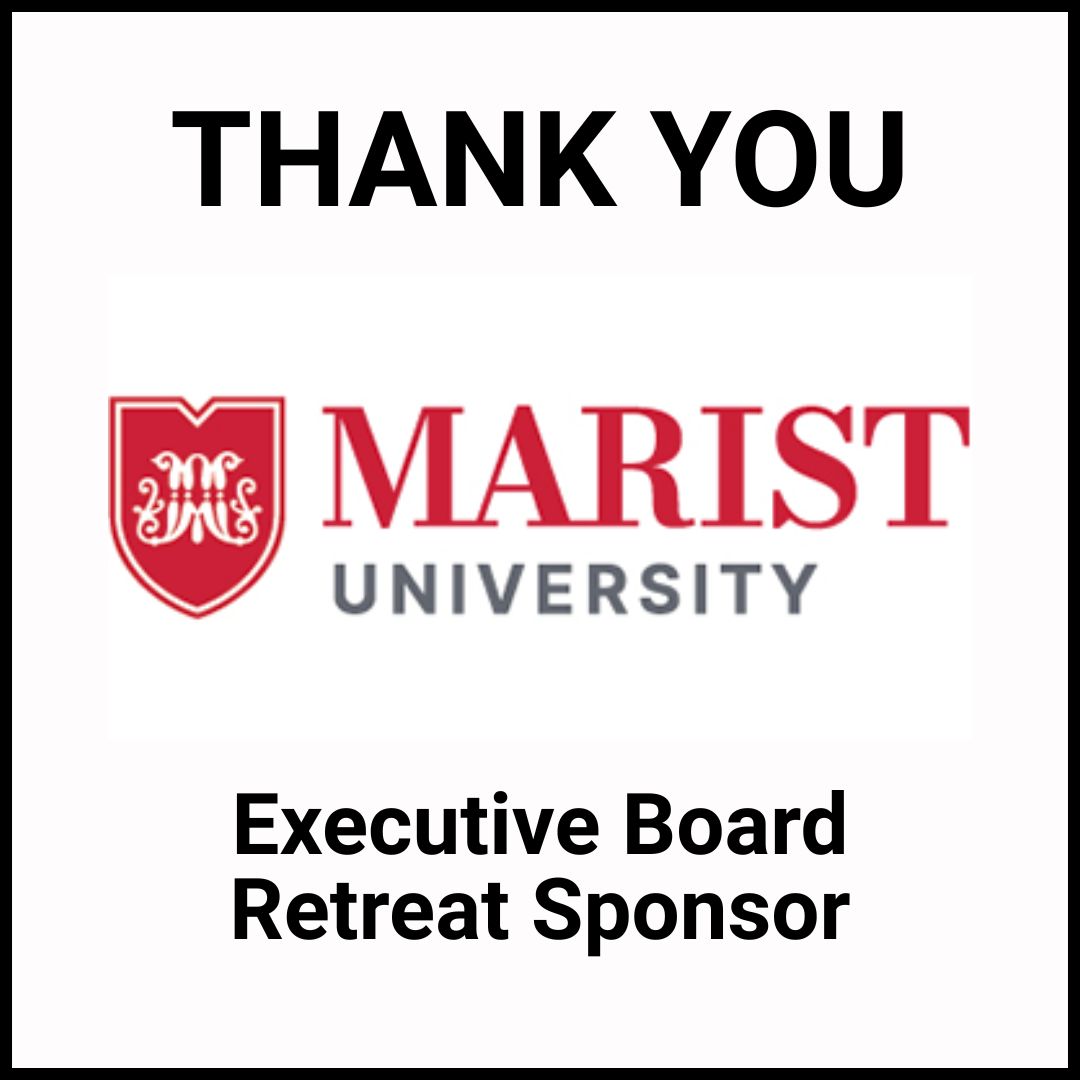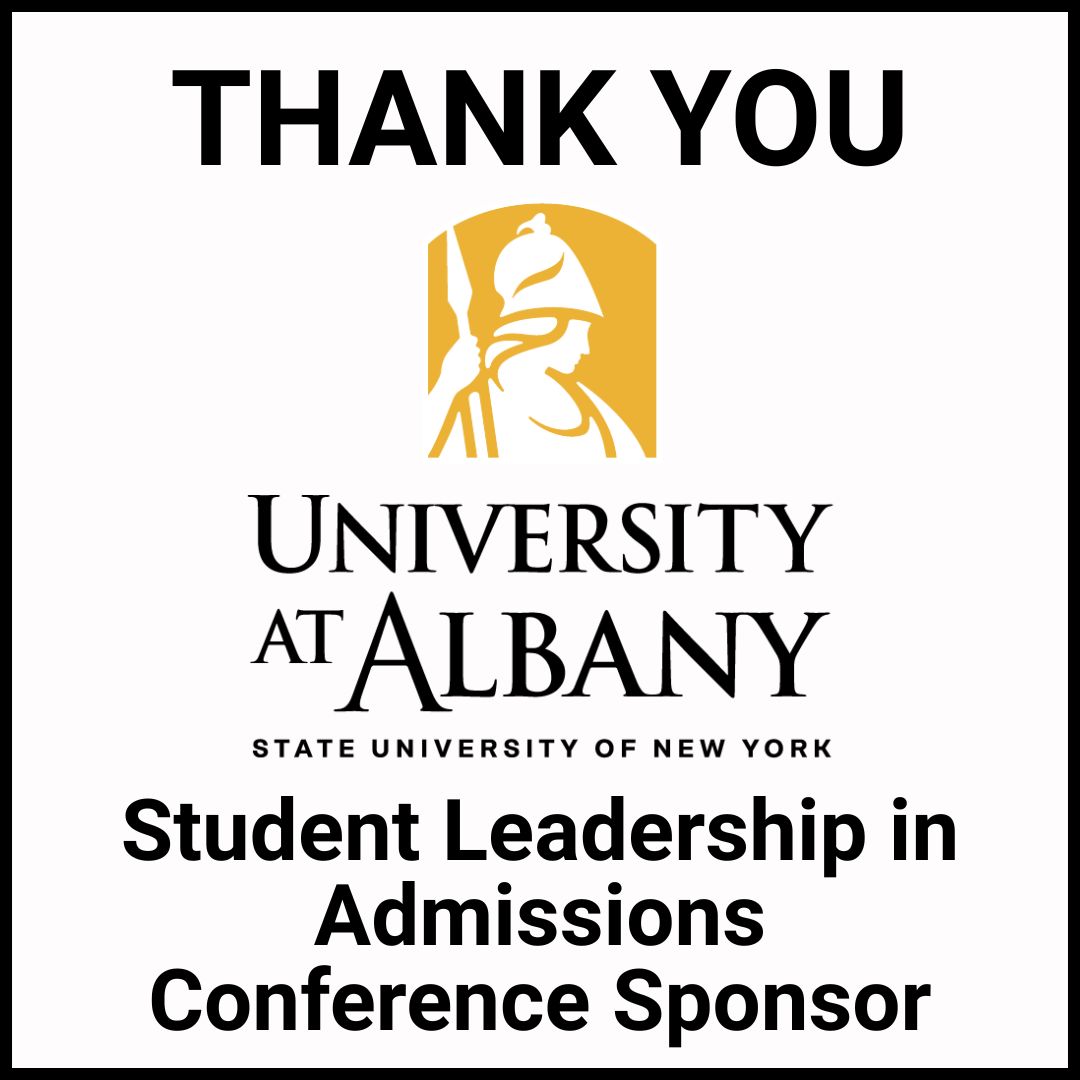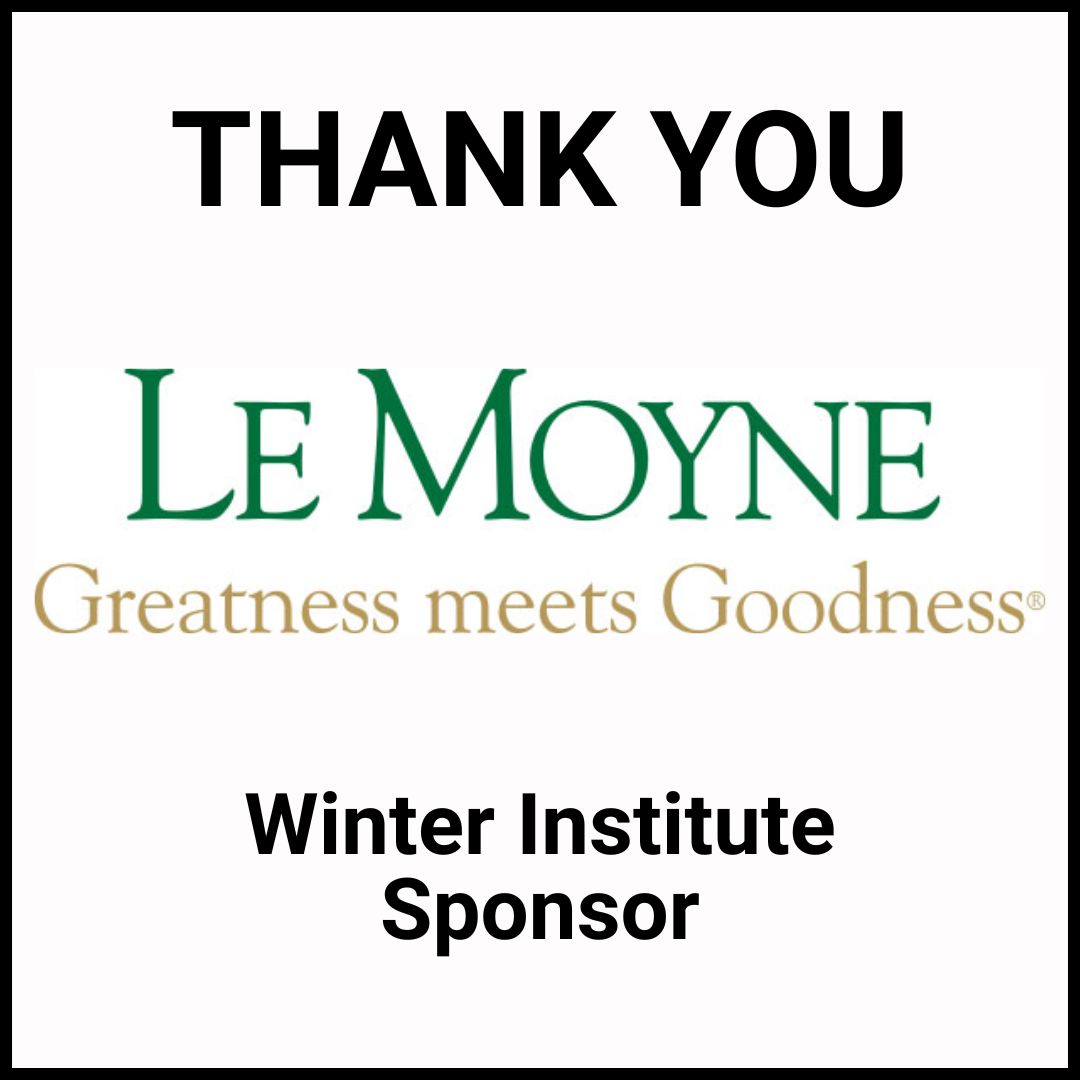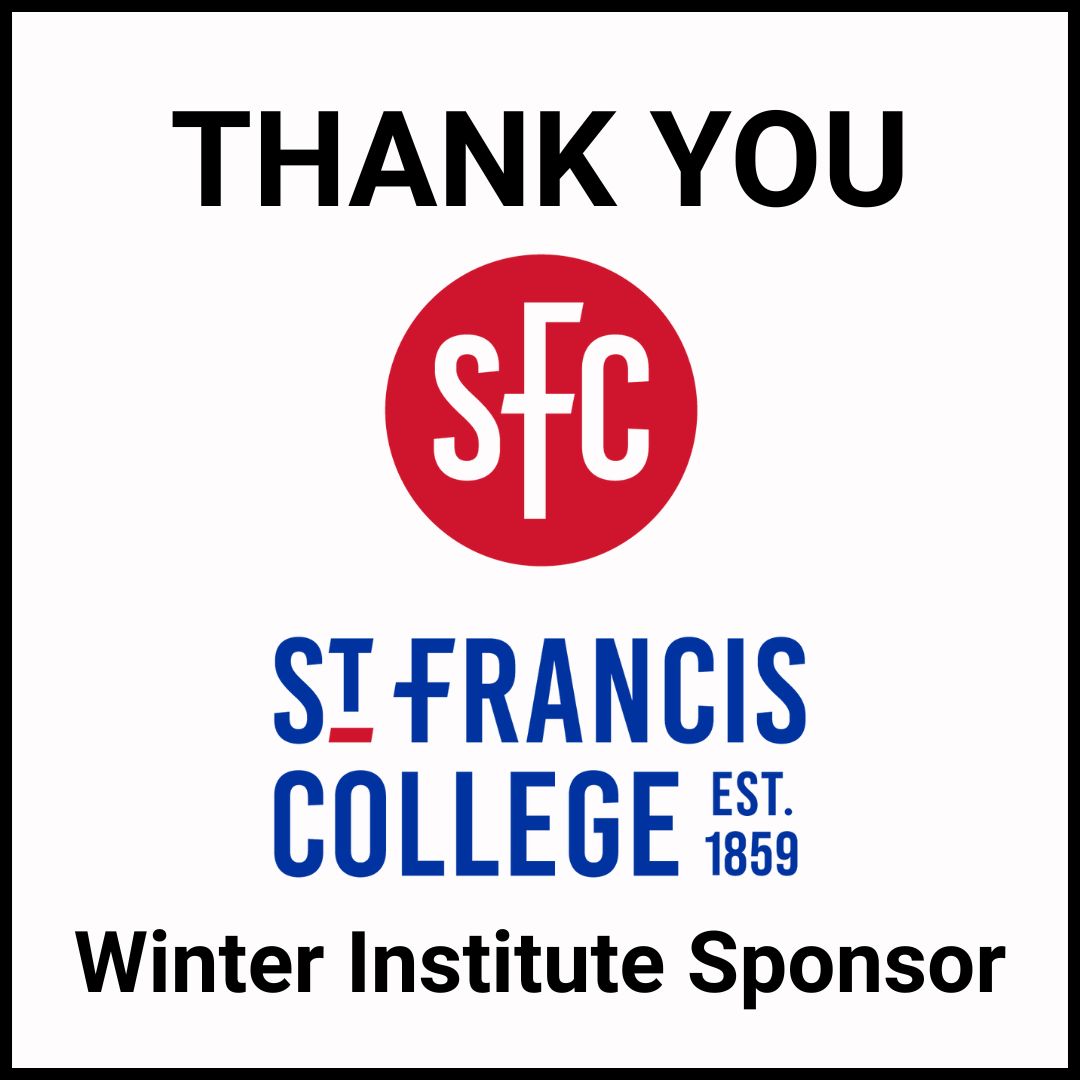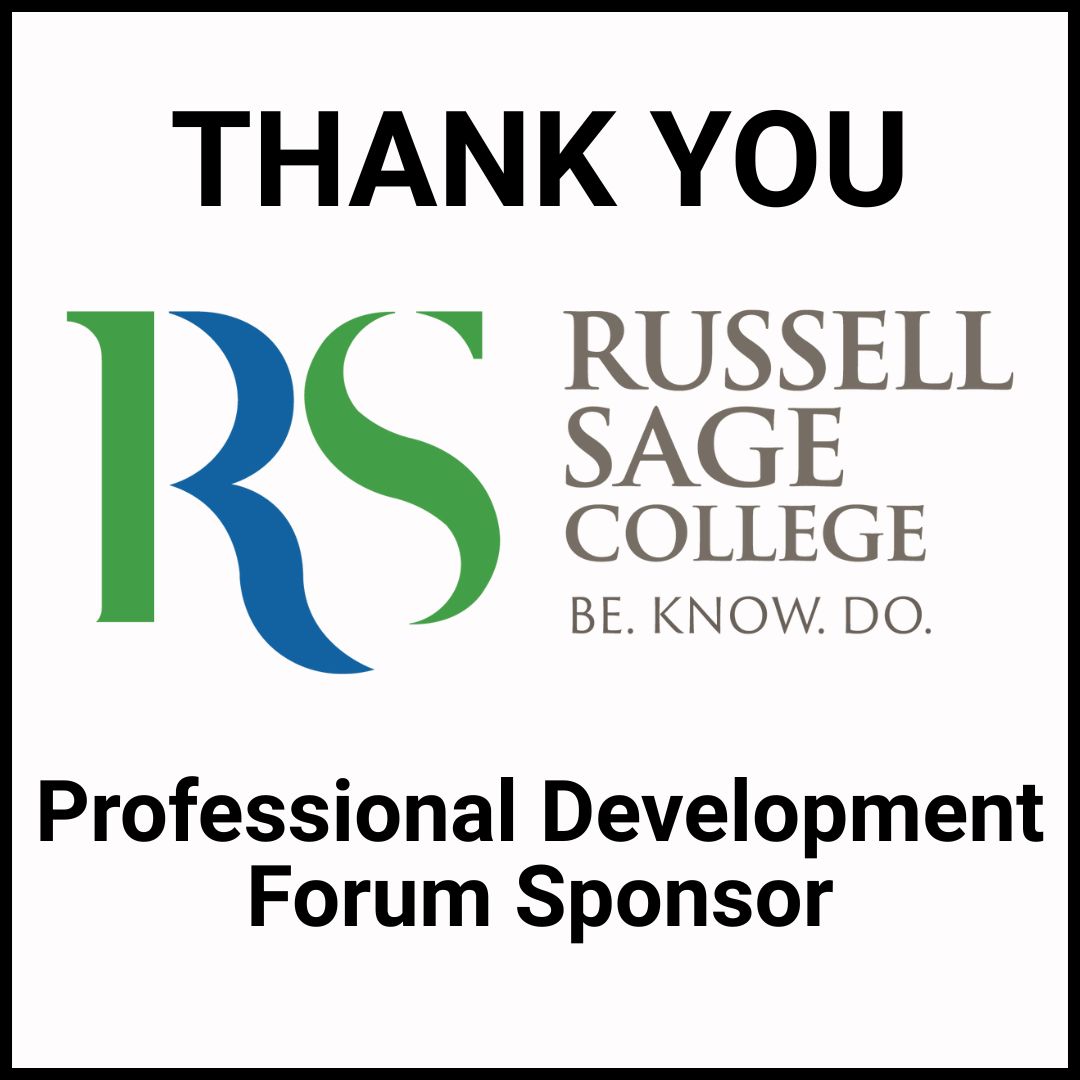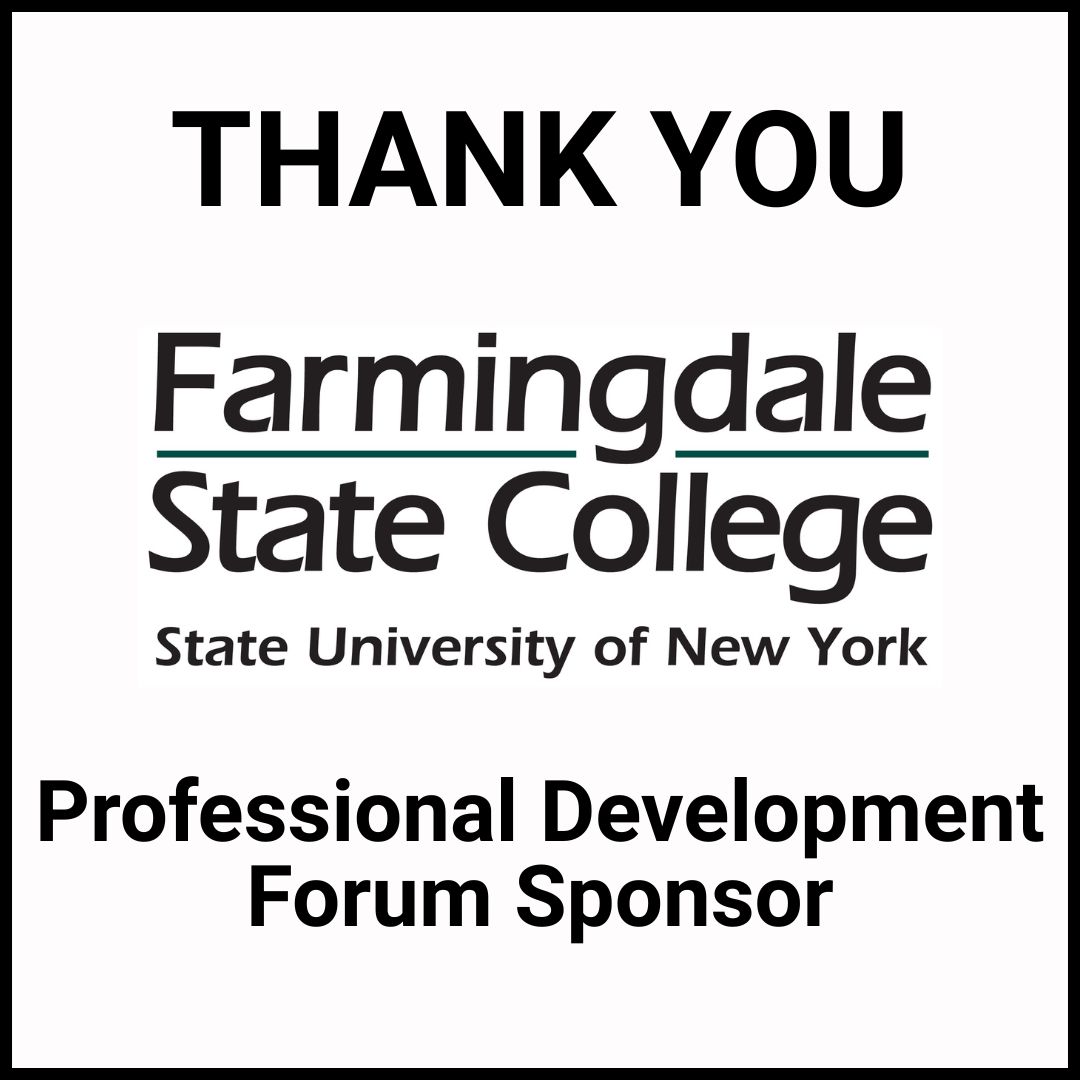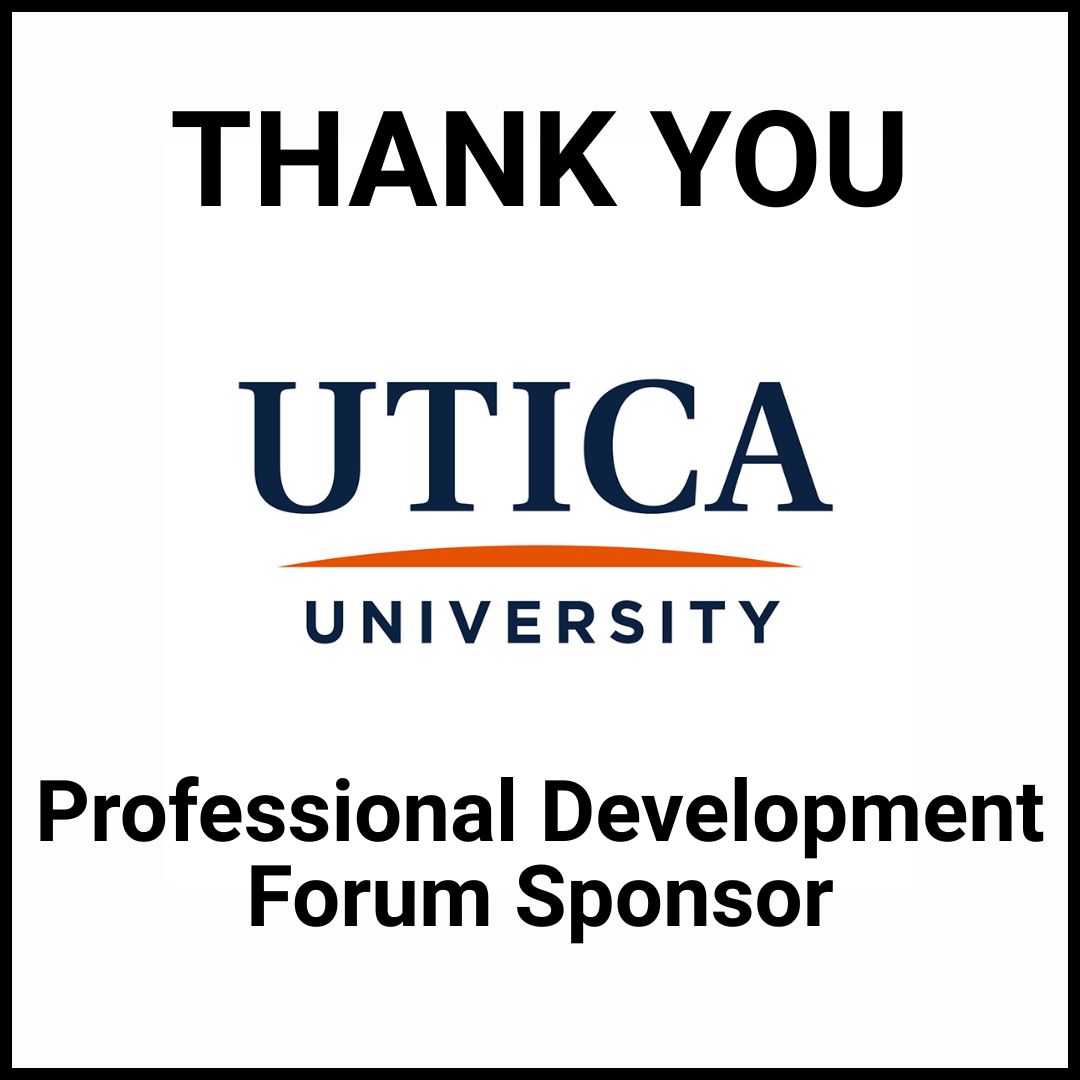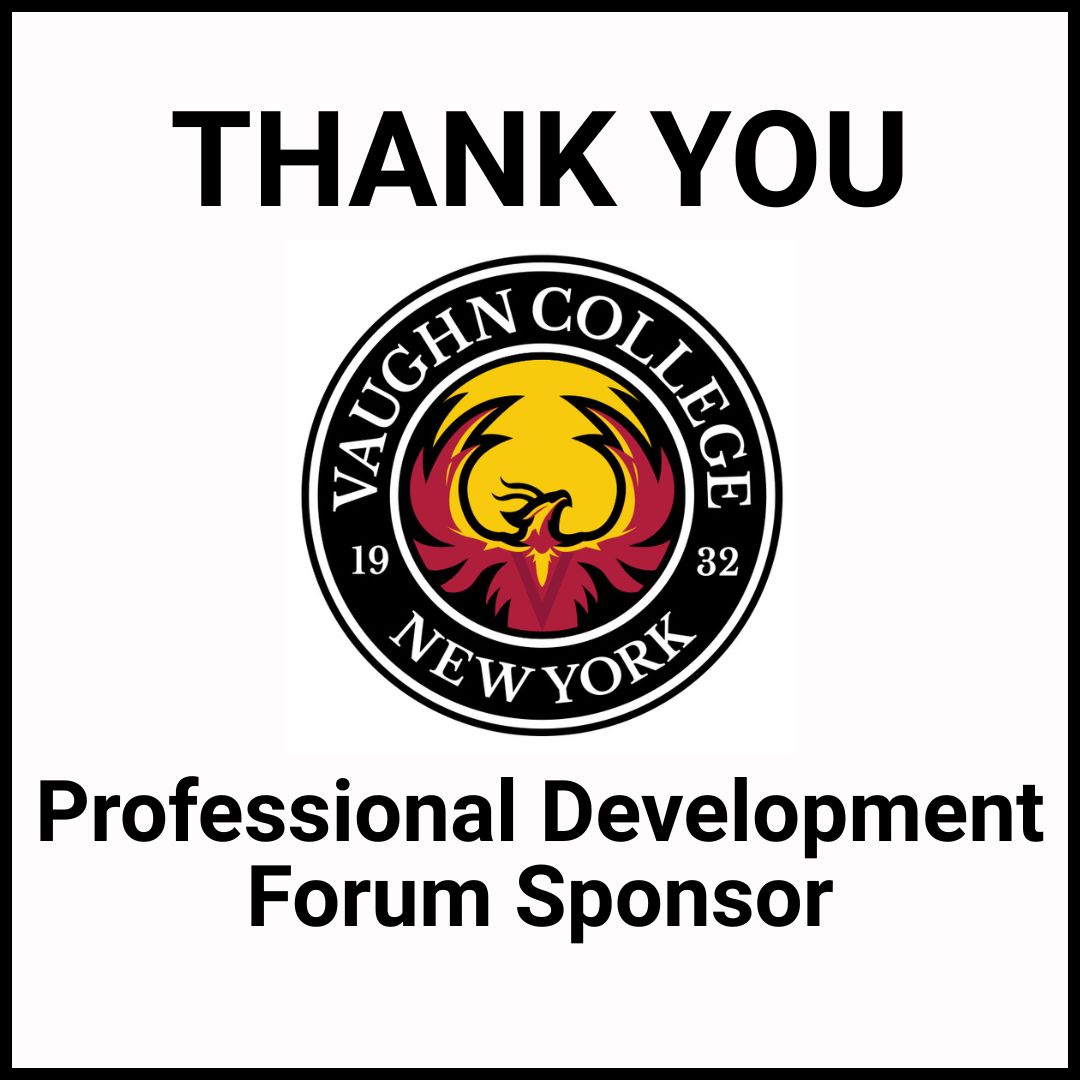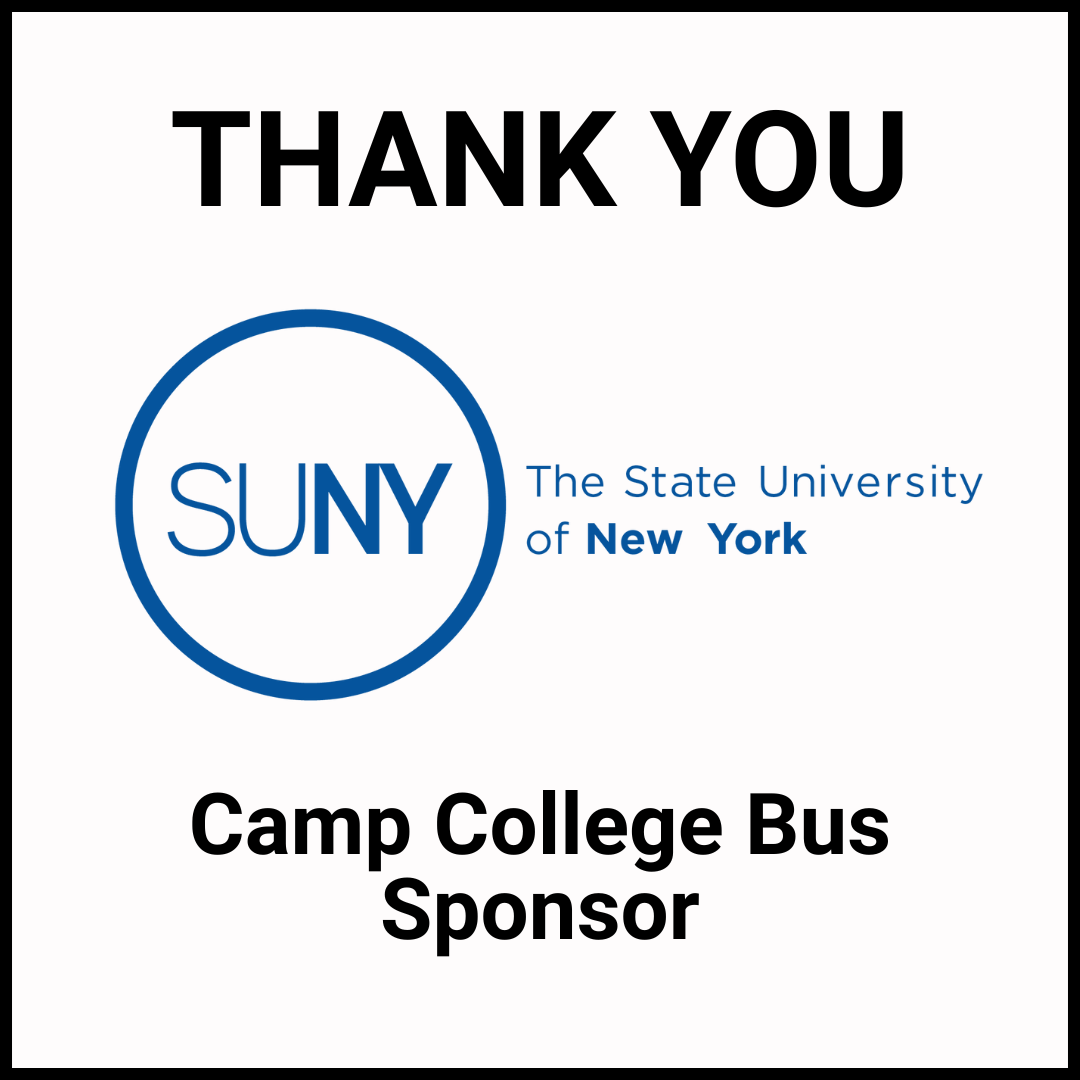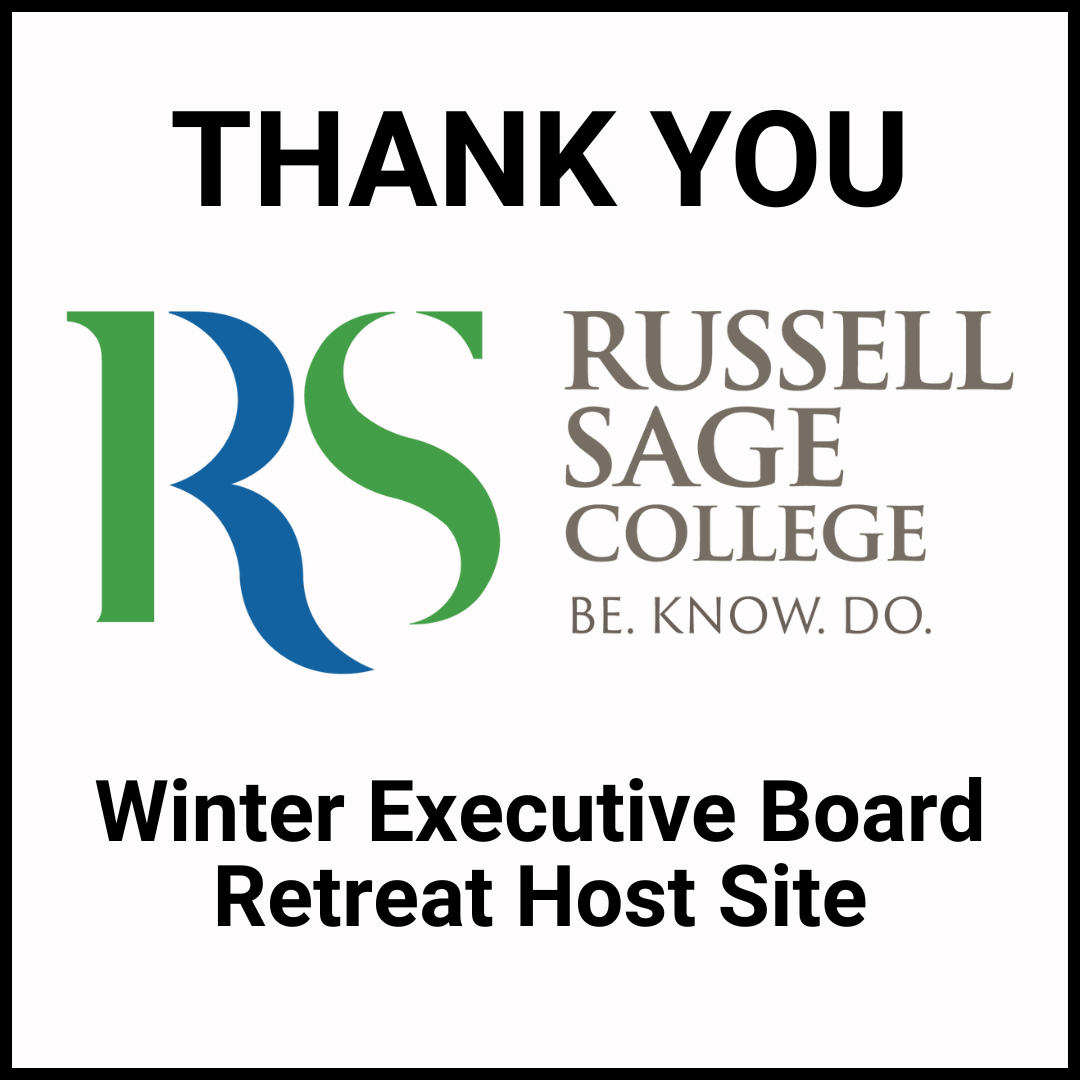- Home
- About
- News
- Government Relations
- Professional Development
- Community Outreach
- Donate
- Membership
|
Message from the President NACAC Conference Reflections The Salt Lake City airport was filled with NACAC attendees flying home this past Sunday, and 50% of my fellow passengers on the flight from SLC to JFK were NYSACAC members. While none of us were up for much schmoozing at 8:30am on the day after NACAC, seeing our colleagues together brought two main feelings to the surface for me: pride that I get to work alongside such committed members of our field, and gratitude that I got to attend NACAC to learn and advocate alongside so many in our profession. Here are my biggest takeaways from the conference:
At NACAC’s membership meeting on Saturday, colleagues from around the country (and our state!) made their voices heard. Friendly amendment after friendly amendment were brought to the floor, and the commitment to equal representation for all members of our profession was clear. NACAC’s Board of Directors pulled the vote of the membership model, in order to take our feedback into consideration for a new and revised model.
As always, it is a privilege to be in this work with you. Cassie Magesis President, NYSACAC Director of College Access and Success, The Urban Assembly
Conference Update Join us for the 22nd Annual Coming Together Conference, June 4 - 5, and the 41st Annual NYSACAC Annual Conference, June 5 - 7, at Le Moyne College in Syracuse, New York! The Le Moyne College team and the NYSACAC Steering Committee are gearing up for what will be an unforgettable conference week and we look forward to sharing more details with you as the planning process unfolds. Here is a quick glimpse of what you can expect:
I encourage you to promote the conference within your professional networks as well as through your social networks by sharing our conference logo and using the hashtags #LeMoyneNYSACAC #NYSACAC19 #JustDewitt. Also consider becoming a formal conference partner by sponsoring a conference grant or conference event – more information to come! We can’t wait to see you at Le Moyne June 4-7. All the best, Stephanie Espina Five for 50 Challenge David P. Coates, NYSACAC Past President
The Buffalo National College Fair’s Local Arrangements Committee piloted a new initiative in March to encourage increased communication and engagement between high school counselors and college representatives.The success of this initiative has led to an expansion across more college fairs in the 18/19 school year.
As a committee, we are always looking for ways to improve the experience for the students, families, and college representatives that participate in the Buffalo National College Fair. After asking for feedback from college representatives who attended the fair in years past, we learned it would be helpful for them if they could spend some time at the fair interacting with local high school counselors.
Every year in Buffalo, we bus in nearly 90 school districts – 150 buses and more than 6,000 students -- over the two-day period. This means that school counselors are the primary chaperones for many of the students attending the fair. Since these counselors are already at the fair, we just need to encourage them to have meaningful interactions with the college representatives, just like their students.
We wanted to get high school counselors to engage with at least five college representatives from outside the Western New York area while attending the fair. Our committee worked hand in hand with the Western New York High School Counselor Association to promote this new goal. NACAC created a separate registration process and barcode for high school counselors. Before, during or after their conversations with college representatives, the counselor’s individualized barcodes were scanned. The colleges then have the counselor's contact information for future conversations, and it allowed us to see how many school counselors talked with representatives at the fair.
We hope to turn our National College Fairs into a combined Counselor College Fair and National College Fair program all in one. This enhanced experience will benefit all parties involved. College representatives not only get to speak with students and parents, but also to the local high school counselors. High school counselors have more opportunities to expand their “college knowledge.” In addition, both parties get to increase their professional network. And isn’t that one of the primary benefits of being a NACAC member and participating in a NACAC-sponsored event?
For our pilot in Buffalo, we added an extra incentive for school counselors. Any counselor who talked to five or more college representatives was entered into a drawing for a $50 gift certificate to a popular local establishment and the “5 for 50 Challenge” was born.
During this year’s fair, 61 high school counselors participated in the challenge and had their barcodes scanned a total of 565 times. As a local arrangements committee, we noticed less school counselors congregating at the front of the exhibit hall and more school counselors walking around interacting with college representatives than in previous years. We want to see our numbers continue to grow and hope to have 75 high school counselors participating and engaging with college representatives over the two-day period next year. As with any first-year program, we learned a great deal and are have been discussing how we can improve for year two. We are also working with NACAC to make sure CBOs and independent counselors can be included.
As chair of the NACAC National College Fair Committee, I am excited about the future growth of this program and am committed to working toward making the National College Fair a more valuable experience for all involved.
2018 NYSACAC Scholarship Recipients By Michael Courtney, SAR High School and NYSACAC Scholarship Committee Member
It is a pleasure to announce the four recipients of the annual NYSACAC $1,000 scholarship, awarded to three rising first-year students and one transfer student. Students that are granted the scholarship have either overcome significant barriers, succeeded despite limited resources, or are members of underrepresented groups. They must reside in New York State and attend a NYSACAC member institution. As part of their application, candidates needed to answer a 500-word essay from three choice prompts, addressing how they have overcome barriers, have demonstrated considerable leadership, or have been influenced by an individual through the college admission process. The 2018 NYSACAC Scholarship recipients are Kanwal Afzal, Hassanan Farooq, Dayonna Johnson, and Jaimee Prass. Let’s get to know these inspiring college students a little bit better: Kanwal Afzal – Kanwal attended Urban Assembly School for Criminal Justice, an all-girls school in Brooklyn, and is now a first-year student at Hunter College. She intends to pursue a Pre-Med track and to that end, has volunteered at a local hospital for over a year. Kanwal credits her high school’s intimate class sizes in forging strong relationships with her educators and peers, influencing her to be a hard-working student. With the NYSACAC Scholarship, Kanwal has been able to purchase a new laptop that she can use for her college years. In her words, “I am very grateful for the huge financial aid NYSACAC has provided me.”
Hassanan Farooq – Hassanan attended Yonkers Middle High School, an International Baccalaureate school with a rigorous pre-college education, and is now a freshman at City College. He intends to pursue a Pre-Med track with the goal of becoming an orthopedic surgeon. Hassanan believes that health is the wealthiest thing a person can possess, and he wants to ensure that his patients are treated properly. His goal is to be a physician for people of all backgrounds, regardless of race, religion, sex, or socio-economic status. Hassanan faced unbearable tragedy in the summer of 2016 when both of his parents passed away. They served as his motivation over the next two years, always valuing education and stressing compassion for all of humanity during their lives. With the NYSACAC Scholarship, Hassanan has purchased his course books and saved money for other college expenses. In his words, “I am very thankful for this scholarship as this helps ease the financial burden for my first year.”
Jaimee Prass – Jaimee is a transfer student recipient of the NYSACAC Scholarship, having graduated from Monroe Community College and beginning her junior year at Columbia University. She intends to pursue degrees in Economics and International Relations, aiming to work with the United Nations one day (or other organizations) in fostering peace and promoting development. The scholarship money has been helpful in purchasing textbooks for her classes.
Events Calendar/Important Dates October October 14, 2018 :: New York City STEM College and Career Fair @ Jacob K. Javits Convention Center October 22, 2018 :: NYSACAC 2018 Fall Regional College Fair @ St. Joseph’s College, Brooklyn October 30, 2018 :: NYSACAC 2018 Fall Regional College Fair @ Albany College of Pharmacy and Health Sciences November November 5, 2018 :: New York City Performing and Visual Arts College Fair @ Jacob K. Javits Convention Center March March 17-18, 2019 :: Rochester National College Fair @ Rochester Riverside Convention Center March 18-19, 2019 :: Syracuse National College Fair @ SRC Arena Onondaga Community College March 20-21, 2019 :: Buffalo National College Fair @ Buffalo Niagara Convention Center April April 7, 2019 :: New York National College Fair @ Jacob K. Javits Convention Center Review of #RealCollege By S. Fiorelli, Post-secondary Success Manager at The Urban Assembly He co-founded an organization called Food for Thought. I didn’t know this at the time. At the time -- 8pm the Friday before #RealCollege -- he was just a guy at a Philly hotel bar with a long, pencil-thin beard. He was attending a church planter conference. *** On September 29th Sara Goldrick-Rab and the Temple Hope Center organized #RealCollege, a conference that addressed food and housing insecurity for college students. This was an intentionally designed, powerful conference that nearly 600 people had the privilege to attend. I use the word “privilege” purposely: during #RealCollege, we took privilege walks. We meditated. We ate vegetarian and took longer breaks and were asked to raise our hands “or otherwise signify” and dress casually because not everyone eats meat. Not everyone’s able-bodied. And not everybody can afford fancy clothes. When Goldrick-Rab grabbed the microphone to thunderous applause, she assured us that the media presence was necessary. “I’ll be the rock star,” she said, “if it means we get the word out that our kids are hungry.” Then she warmly, kindly assured us that if the cameras made us uneasy, we could find our way to the room’s edge, out of frame. “We want all of you to feel comfortable and included,” she said. Included. That’s how I felt at #RealCollege even while we discussed, dove into, and diagnosed the reality of food and housing insecurity that plagues 40% of college students and that, based upon the privilege walk we’d taken, overwhelmingly did not plague us. *** Church planting happens when a new local church is being established. Eventually, the church should function without its parent body, but it can maintain a relationship with them. *** The conference took place on a Saturday and Sunday; there were no banquets; it was staffed by volunteers. These seemingly simple facts crystalized its mission: food and housing insecurity is our personal problem. So yes -- we’re accountable for its existence and responsible for its annihilation. One of the five ignites that kicked off the weekend finished with a Lucille Clifton poem: won't you celebrate with me what i have shaped into a kind of life? i had no model. born in babylon both nonwhite and woman what did i see to be except myself? i made it up here on this bridge between starshine and clay, my one hand holding tight my other hand; come celebrate with me that everyday something has tried to kill me and has failed. The weekend was similarly inspiring. Michael Rosen of Local 212/MATC FAST Fund didn’t just elaborate on homelessness -- he explained how emergency funding can address it. Nicholas Freudenberg, Distinguished Professor of Public Health and Director of the CUNY Urban Food Policy Institute reminded us that college students trust their professors, so he showed us how to mobilize faculty. Keynote speaker Melissa Harris-Perry’s combination of humor and seriousness called us to action. Quick to label Wall Street greedy, we must also own the fact that college presidents earn upwards of $300,000 even while they lay off food service workers each summer. Jesse Stommel of the University of Mary Washington resounded, “Textbooks are a social justice issue!” and “We should not be having a conversation about access to education without students in the room!” Both are convincing points. *** The man at the bar (Don) was a pastor. We’d gotten on the subject of social justice once he mentioned Food for Thought, so it was natural for him to reveal this fact. (My own liberalism is not inconspicuous, so he was quick to point out that his church was Open and Affirming). Food for Thought’s mission is to see to it that, “hunger for food, respect, and belonging is met for all people.” After uncovering eerie overlaps in our lives (we both grew up in Cleveland; our spouses earned PhDs in Composition and Rhetoric; we founded non-profits), I explained why I was in Philly. He smiled. “I think I’m at the wrong conference,” he said. And I guess, that’s my point: Don wasn’t at #RealCollege, but non-profit administrators, philanthropists, college counselors, policy makers, medical doctors, undergraduates, PhD candidates, faculty, and children (yes, children) were. The beauty of #RealCollege was that it opened its doors to a network of people who must start talking to each other if we’re going to change the landscape of higher education. Firmly-rooted churches maintain ties with the networks that plant them. If higher education is going to thrive in this wonderfully diverse society, it must work harder to maintain ties with the community of professions that gave rise to it. Until it does, it’ll remain hard for a first-generation college graduates like myself and even harder for our first-generation and low-income students of color, to celebrate the kind of life that higher education has managed to shape itself info. Team Inclusion, Access and Success By Marie Nocella, NYSACAC Vice President for Inclusion, Access, and Success Team Inclusion, Access and Success is comprised of 5 committees doing amazing work! Here are some highlights:
The Scholarship Committee awarded 4 scholarships this year to 3 entering freshman and 1 transfer. Please keep your students in mind and nominate them in the spring!
The Government Relations Committee is planning Legislative Advocacy Day in Albany on February 12. Please join us at the Capitol to advocate for our students and our profession.
The Human Relations Committee hosted the largest Coming Together Conference ever this past June at Marist, with over 600 attendees! We hope you will join us at Le Moyne to continue the discussions surrounding the admissions process for our most vulnerable students.
The CBO and Opportunity Programs Committee hosted 3 Seedling programs this past year to educate underserved middle school students about the admissions process. We are currently looking for college campuses to host Seedling programs for this spring. Hosts provide a meeting space and admissions staff for information sessions during the school day.
The Camp College Committee will celebrate its 20th anniversary next summer! We are looking for host campuses for next summer and beyond. College campus hosts provide room and board for a summer weekend for approximately 150 students, School and CBO Counselors, and Admissions mentors.
If you would like more information about any of our events or committees, please let me know.
I’d like to thank the 10 Co-Chairs and all of the Committee Members for your hard work and dedication. It is my pleasure to serve in this role and work with all of you! Movers and Shakers… Member Updates Lorrie Director is no longer a School Counselor at Midwood High School, but has accepted a position as the new Director of Counseling for West Islip Public Schools. Congratulations!
Estrella Redondo, Rising Star of NACAC, has taken the position of Senior Associate Director of Admission at Marymount Manhattan College (NY). Congratulations, Estrella! Stella Rose Sangimino was born June 27. Here is a picture of her and another with big brother Anthony. Congratulations to Lauren Sangimino from Stony Brook University, and her family. Why First-Generation College Bound Students Need to Have a Career Path Early On By Adrienne Nasser, School Counselor at Elwood - John H. Glenn High School As a first generation college bound student myself, I find it rewarding to guide students through their college process and ultimately see them off to college. But how do we help more first generation college bound students gain access to college? I work in a small, diverse suburban high school that offers open enrollment. Over 30% of our students take advantage of this and challenge themselves with honors and AP’s. The counseling department has made a concerted effort to help students make informed decisions in their course selection process. We meet with every student individually about their course selection and help students take courses that are a good fit academically. Statistics show that exposure to AP courses helps first generation students gain access to college, but what else can we do to help? Looking back to my high school years, I reflect on what helped me most. Exposure was the number one thing that motivated me. Exposure to part-time job opportunities, internships and programs at local colleges was key in helping me find a career path and realizing my strengths and passion. When I meet with ninth and tenth graders I find that many have no idea what they want to study in college or pursue as a career. We have ninth graders use Naviance and fill out career interest inventories, but because they have not had the exposure, it’s hard for them to know their interests. If I know that I want to study engineering in college then I know that I need to pursue math and science and get involved in extracurricular activities related to that area. But first and foremost, I need to know what I want to study in order to pursue it in high school. Having a direction helps students set goals and feel motivated because they are working toward something specific. First-generation college bound students need exposure early on. Middle schools need to have Career Day and do career exploration projects. High schools need to make students aware of job and volunteer opportunities, internships, programs at colleges and have a Career Day as well. Taking various courses also helps with exposure. Therefore, having more elective choices would be beneficial. We tend to have great programs at our high schools but only invite eleventh and twelfth graders – we need to invite the younger grades as well. We also need to encourage all tenth and eleventh graders to take the PSAT and inform families of free test prep. It is important for younger students to learn about the opportunities for financial aid and scholarships so money does not hold them back from thinking that they can’t go to college. Perhaps taking ninth graders on college trips would help make them start thinking about college earlier. Exposure through course work and opportunities outside of school can help students figure out their strengths and interests and will help more first-generation college bound students find a specific path to follow and realize that they CAN go to college.
News from NACAC The Rising Star awards, administered by NACAC’s Affiliate Presidents Council, honor individuals and programs that exemplify excellence and leadership in serving the needs of students in the transition to college. The awards were established to encourage affiliates to identify and support emerging leaders and innovative programs.
Estrella Redondo, senior associate director of admissions at Marymount Manhattan College (NY), has served on various committees within the New York State Association for College Admission Counseling (NYSACAC), joining the affiliate’s executive board two years ago. Redondo’s colleagues describe her as a valuable addition to the affiliate and the profession. Last year, Redondo was awarded a New Initiatives Grant to bring a program called Mental Health First Aid to NYSACAC members. Akin to a CPR course, Mental Health First Aid provides training to professionals who work with adolescents every day but may not be versed in mental health counseling. For more information on awardees, visit https://www.nacacnet.org/news--publications/newsroom/press-releases/Awards_2018/.
Winter Institute 2019 Save-the-date for the NYSACAC Annual Winter Institute! Friday, January 11, 2019 8:30 a.m. until 4:00 pm. This year we will have two locations: New York City: Syracuse University’s Lubin House Utica: Utica College
Attendees will participate in workshops including: -The Changing Admissions Landscape -Financial Aid 101 -Effective Communication and Conflict Resolution -Ethics in College Admissions This opportunity for the newest admissions professionals to learn about best practices, share relevant ideas, and establish networks is not to be missed! Registration will be available soon! For questions and inquiries, please email Lisa Searle ([email protected]) or Joseph Fantozzi ([email protected]). We look forward to meeting you in January! Winter Institute Committee Lisa Searle Ithaca College Joseph Fantozzi Hunter College |
